Publishers Unite: Coalition Forming to Sue AI Platforms Over Data Usage
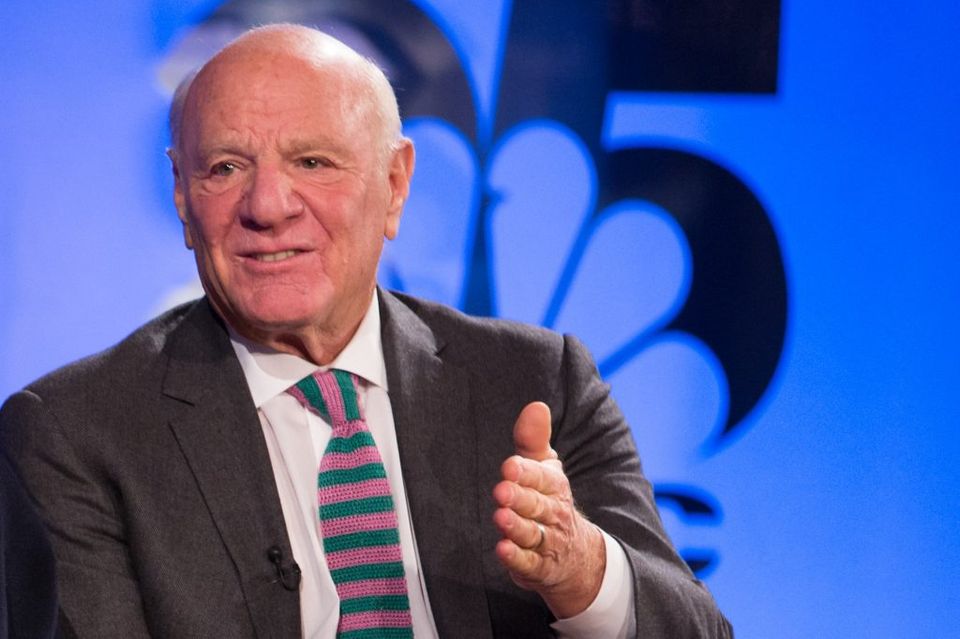
In a bold move, major publishers including The New York Times and News Corp are joining forces to take on AI platforms and demand a share of the value they contribute. Will this legal showdown reshape the future of AI-powered media?
Introduction
Artificial Intelligence (AI) has been making waves across various industries, and the media landscape is no exception. As AI platforms continue to evolve, concerns are mounting among publishers about their content, revenue, and online authority being threatened. A group of key publishers, led by IAC's Barry Diller, is on the verge of formalizing a coalition to pursue a lawsuit and push for legislative action against AI companies that have trained models on their valuable data.
AI's Impact on Media - A Profound Shift
The rise of AI poses unique challenges to the media industry. While some publishers are experimenting with AI tools to streamline their writing process, there are fears that AI could fundamentally change the nature of content generation and distribution. One imminent threat is the possibility of AI-powered platforms, like Google, shifting from sending traffic to web pages to providing direct answers to user queries through chatbots. This potential scenario worries publishers as it could undermine their authority and erode the essence of their work.
AI Companies vs. Publishers: The Battle for Data Value
The crux of the dispute lies in how AI platforms utilize publishers' data to train their language models. Publishers argue that their valuable inputs are instrumental in creating these models and demand a fair share of the value generated by them. Tech companies, on the other hand, assert that they are still navigating the AI business landscape and cannot offer substantial payouts.
A potential settlement involving payments for training data is being explored, but publishers believe the figures should be significantly higher than past instances of compensation. While some payouts have been made in the past, publishers insist that the value they contribute to AI models should be commensurate with the profits generated, potentially reaching billions of dollars across the industry.
The Road Ahead: A High-Stakes Conflict
As both sides stand their ground, the conflict escalates, and the stakes are high. Publishers are contemplating taking legal action to assert their rights, but the complexities surrounding copyright laws in the context of AI training and outputs make it an uncharted territory. The Delaware lawsuit over an AI company's copying of legal texts from Westlaw is being closely monitored by publishers as it could set a precedent.
Tech Companies' Concerns and a Path Forward
Tech giants, like Google, are apprehensive about publishers' demands as they grapple with defining a viable business model for AI. They emphasize that it is still early days for large language models, and profits from these models are yet to be realized.
Amid the conflict, some publishers are seeking individual deals with platforms, hoping to secure their interests while the industry-wide coalition forms.
Conclusion
The battle between publishers and AI platforms is poised to shape the future of AI-powered media. With key players like The New York Times and News Corp joining forces, the stage is set for a momentous legal showdown. As the demands and expectations on both sides continue to clash, the outcome of this conflict remains uncertain. How this plays out will undoubtedly influence the trajectory of AI's integration into the media landscape, setting precedents for AI's interaction with content creators, and ultimately determining the value of data in this transformative age of technology.
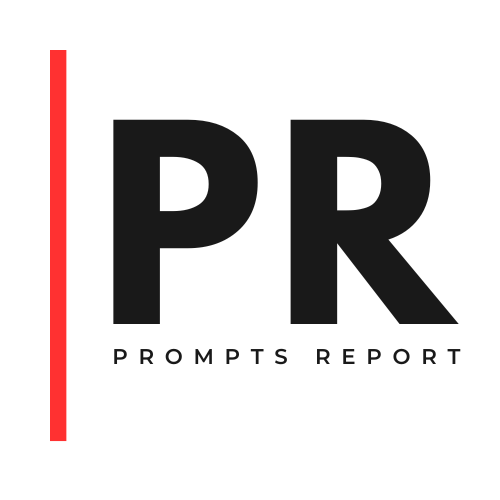
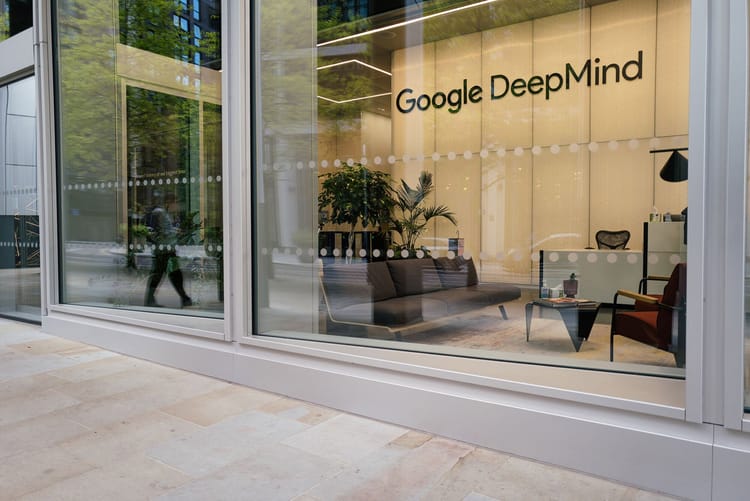
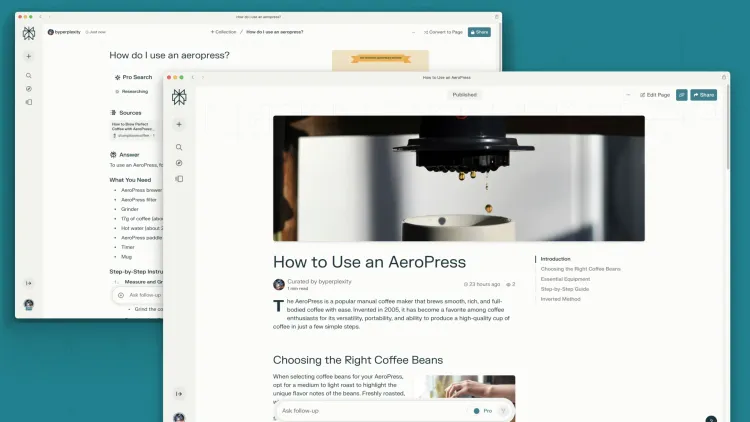

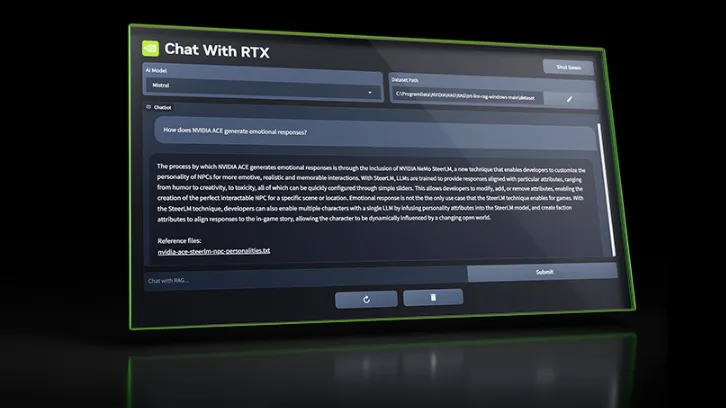

Member discussion